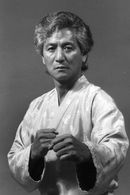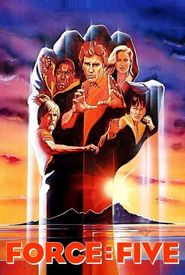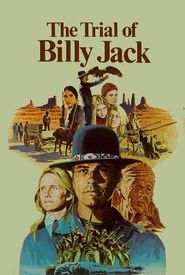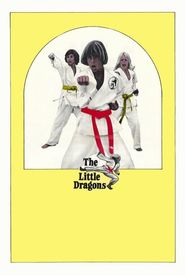Grand Master Bong Soo Han was a renowned expert in Hapkido, earning the title of "Father of Hapkido" in the Western world. As one of the original senior students of the Founder of Hapkido, Yong Sul Choi, he played a pivotal role in the development of the martial art as it is practiced today.
In 1967, Grand Master Han introduced Hapkido to the United States, although it wasn't until the 1971 film "Billy Jack" that it gained widespread recognition. In this iconic film, he showcased his exceptional martial arts skills, creating and staging some of the most breathtaking and realistic fight sequences ever seen on the silver screen.
Prior to the release of "Billy Jack," martial arts were often portrayed by actors rather than actual practitioners. Grand Master Han revolutionized Hollywood's understanding of martial arts, demonstrating a level of skill that was previously unseen. His performance was met with widespread acclaim and left audiences thrilled and excited.
Throughout his career, Grand Master Han was featured in numerous magazine and newspaper articles, as well as countless martial arts magazine cover stories. He was inducted into the Black Belt Magazine Hall of Fame in 1978, the Martial Arts History Museum Hall of Fame in 1999, and the Taekwondo Times Magazine Hall of Fame in 2003.
He was also featured in several documentaries, including "The Martial Arts" and "Master of the Martial Arts," as well as radio, Internet, and television profiles. In addition to being cited in numerous martial arts books, Grand Master Han wrote many articles on the Way of martial arts and authored the book "HAPKIDO: The Korean Art of Self Defense" (Ohara Publications, 1974),which has been in print for over 40 years.
Grand Master Han also completed a series of instructional Hapkido DVD's for worldwide distribution. However, he was perhaps best known for his tireless dedication to teaching Hapkido, sharing his knowledge and passion with thousands of students around the world.





















